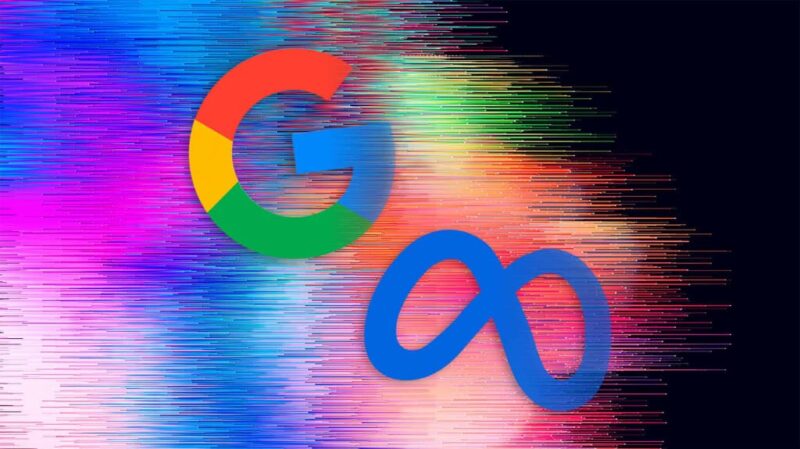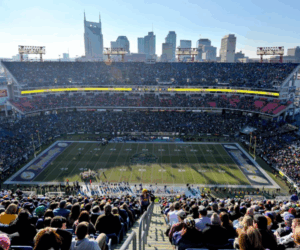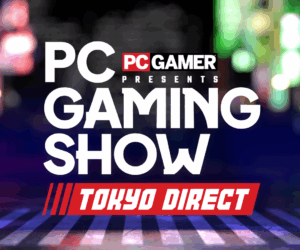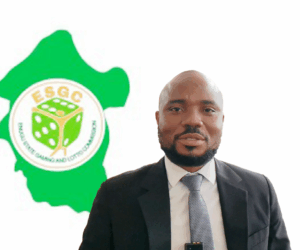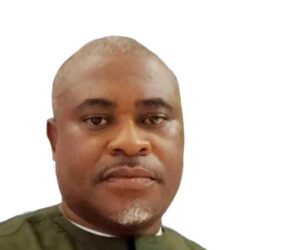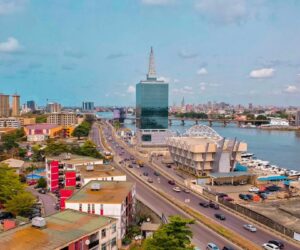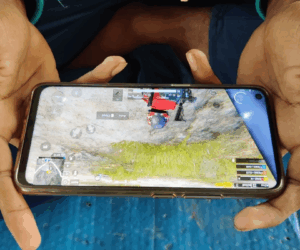BY: EJIOFOR AGADA
Every industry has its gatekeepers. In Nigerian gaming, you’d think those gatekeepers are the state regulators, carefully issuing licenses and monitoring compliance.
But in the digital age, the real power often lies elsewhere, with the tech giants who control the platforms where games are marketed, advertised, and ultimately discovered by players.
In recent years, a subtle but growing tension has emerged between state gaming commissions and online destinations like Meta (Facebook/Instagram) and Google. While states proudly announce their newly licensed operators, many of those operators find themselves locked out of advertising opportunities on these global platforms.
Why? Because Meta and Google don’t recognize all Nigerian state licenses, choosing instead to recognize only a select few, usually those backed by the federal National Lottery Regulatory Commission (NLRC) or operators with international credentials.
The Quiet Blackmail
Let’s call it what it is: subtle blackmail. When an operator, fully licensed in Enugu or Lagos, applies to run a gaming promotion on Facebook or to buy Google Ads, they’re often told: “Sorry, your license isn’t valid for our advertising policy.”
The implication? To gain visibility, you must either go through a handful of recognized entities, or find ways around the rules.
This isn’t just an inconvenience. For state regulators, it undermines their authority, making their licenses feel like second-class documents in the eyes of consumers.
For operators, it creates an uneven playing field where compliance doesn’t guarantee visibility. And for Nigeria as a whole, it stifles the promise of diversification and fair competition that gaming is supposed to drive.
Why the Giants Do It
From Meta and Google’s perspective, it’s about risk management. Global platforms are wary of being dragged into disputes over licensing in fragmented markets like Nigeria. Rather than vet 36 different state regimes, it’s easier, and safer, to recognize only a centralized authority or a narrow list of “trusted” operators. It’s not personal, it’s policy. But to Nigerian stakeholders, it feels like exclusion with a corporate smile.
The Stakes for Nigeria
This issue goes beyond ad placements. Digital visibility is the lifeblood of modern gaming businesses. If your brand can’t advertise on the platforms where millions of Nigerians spend their daily online hours, your growth prospects are stunted. Worse, consumers start to assume that the operators who can advertise are the only “legitimate” ones—further eroding confidence in state licenses.
It’s a silent battle for credibility, and right now, global tech platforms are winning.
What Needs to Happen
Regulatory Diplomacy – State gaming commissions, perhaps under a joint council like the Federation of State Gaming Regulators of Nigeria, must engage directly with Meta and Google. Nigeria’s fragmented framework needs unified representation in global negotiations.
Policy Harmonization – While states will understandably protect their autonomy, creating a unified digital advertising standard (anchored in the data registry we discussed in Week 3) could help bridge the trust gap with global platforms.
Alternative Channels – Nigerian operators should also explore local adtech platforms, influencer marketing, and partnerships with fintechs as alternative visibility strategies. Relying solely on Meta and Google is risky in a market where they dictate terms.
Consumer Education – Players need to understand that exclusion from Meta or Google ads doesn’t mean an operator is illegitimate—it may simply mean they’re caught in the web of international corporate policies.
The Bottom Line
The Enugu Gaming Conference 2025 reminded us that the path “From Unification to Diversification” won’t be walked without friction. This issue with Meta and Google is a clear example of where Nigeria’s gaming industry must flex both diplomacy and creativity.
Because if left unchecked, the message to operators and regulators alike is simple: play by our rules, or don’t play at all.
And in a game where visibility is everything, that’s a bet no one can afford to lose.
‘Gaming Grid’ is your weekly pulse on Nigeria’s gaming industry, its trends, and its trailblazers. Stay plugged in on TechEconomy.ng as we unpack the opportunities beyond the odds.

